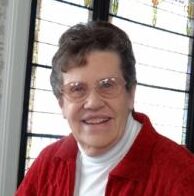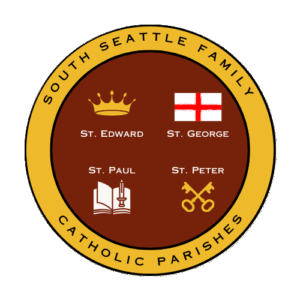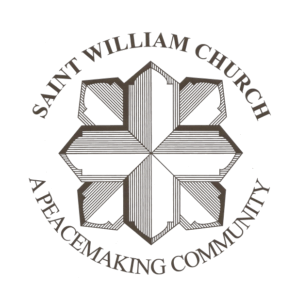
Share
My commitment to serving the Church and to uplifting lay leadership is how I have embodied a spirit of diaconal ministry throughout my life. Many years ago as a lay parish administrator, I visited the sick, facilitated sacramental preparation, assisted with the annulment processes and held Communion services in the absence of a priest. An ordained priest would come to our community weekly to celebrate Mass and for the sacrament of reconciliation, but beyond that, I facilitated all aspects of the parish operation and ministry.
This embodiment of diaconal ministry is certainly something I cherish. Specifically, I prioritized uplifting lay leadership in our communities, which was of utmost priority to me. My ministry certainly brought forth questions as to whether I was, without ordination of course, already operating as a “de facto deacon.” I have long wondered what this meant for me personally and for lay leadership generally.
In an article for Global Sisters Report by the National Catholic Reporter I wrote, “What does admission to the diaconate add to what women are already doing? Is it just another layer of clericalism? Is it just a means of climbing the clerical ladder? Does the diaconate make a woman a cleric? Yes, it does. But does it ensnare her in clericalism? That is certainly not a given. Could that happen? Only if a woman should forget that her admission to the diaconate is solely about ministry — about the needs of the church, the people of God, about service — diakonia” (Sr. Janet Peterworth in “I think I was a deacon….or not?”).
I have always viewed my ministry through this lens – out of service for and to the people of God. My intention was and is never to center myself in my ministry as a lay leader, rather my focus was always on how I could better uplift others in our midst. The Holy Spirit has certainly been active in the communities where I have ministered. It has been a privilege to enliven our attention to the Spirit! Empowering others to live into their call to serve God and one another is a profound responsibility that I take seriously.
Although serving liturgically is one piece of diaconal ministry, service to the Church and the people of God is at the heart of what it means to be a deacon. I am thankful that I have been able to embody this charism wholeheartedly throughout my life and to bring others into this understanding of diaconal ministry.
I echo other women leaders in the Church, like Phyllis Zagano, who, of course, express concerns and critiques of clericalism, but who also recognize that diaconal ordination for women would uplift and carry a more formal connection to the sacramental and ministerial life of the Church. Enlivened by the Spirit on my own journey of faith, I am proud to be a part of the discernment of women’s diaconal ordination so that women might receive more formal support and acknowledgement for the ministry we have been doing for years.
Sr. Janet M. Peterworth, OSU is a native of Louisville, Kentucky. With an academic background in English, pastoral work, clinical pastoral education, and nonprofit board education, she has worked with a variety of educational and nonprofit agencies and served as a group facilitator and strategic planner. For 15 years she directed a nonprofit in Appalachia and served as board chair of the John A. Sheppard Memorial Ecological Reservation, a land trust dedicated to preserving the mountains in Mingo County, West Virginia. She has served on a number of other boards and advisory groups. In August 2020, Sr. Janet Marie completed her six-year term as president of the Ursuline sisters of Louisville, Kentucky. She is a frequent contributor to Global Sisters Report, and will be celebrating her 70th jubilee as an Ursuline sister this July 2025.
Receive Our Newsletter
This is the hub where we share relevant news, events and opportunities to participate in the work.
*We will send the newsletter only once each week, and we will never share or sell your information.


